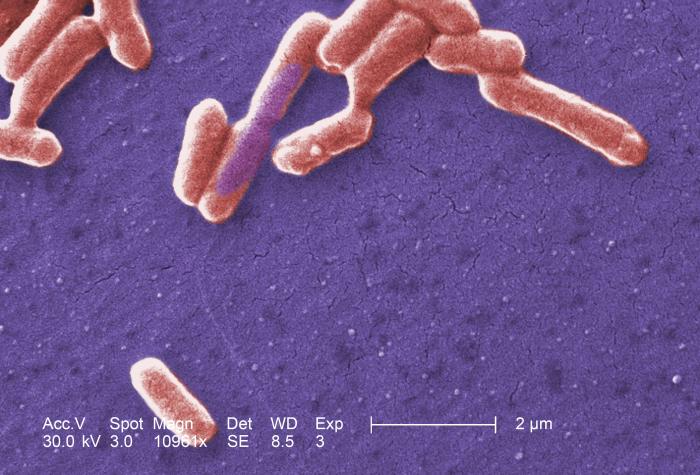Researchers have developed a new tool to study how neuropeptides can affect the behaviour of organisms. Outlined in the journal Genetics, the paper presents a scalable procedure which alleviates the complexity associated with traditional approaches.
The team used Caenorhabditis elegans worms which were genetically modified with a neuropeptide loss-of-function mutation. These worms were then fed neuropeptides produced by Escherichia Coli bacteria, before the researchers studied their behaviour.
Scientists from Worcester Polytechnic Institute (WPI) collaborated with Baylor College of Medicine conducted the investigation. They looked behaviours which would have been lost due to the loss-of-function mutation including mate-searching, chemotaxis, and pheromone avoidance, and found that they were restored.
This research represents a leap forward for tools that can elucidate peptide biology and expedite the design of new peptide therapeutics.
The paper’s senior author and Associate Professor in WPI’s Department of Biology and Biotechnology, Jagan Srinivasan, said: “Our approach turns bacteria into on-demand couriers for the nervous system. When a behaviour snaps back only if the matching receptor is present, you get direct, in-vivo evidence for which peptide talks to which circuit – and which ones are redundant versus uniquely powerful.”
This method uses engineered microbes to deliver precise peptides, suggesting a new therapeutic approach with microbial "chassis" for in vivo peptide delivery. Though tested in worms, the principles of sequence control, receptor targeting, and dietary dosing could inform future probiotic therapies in more advanced systems.





